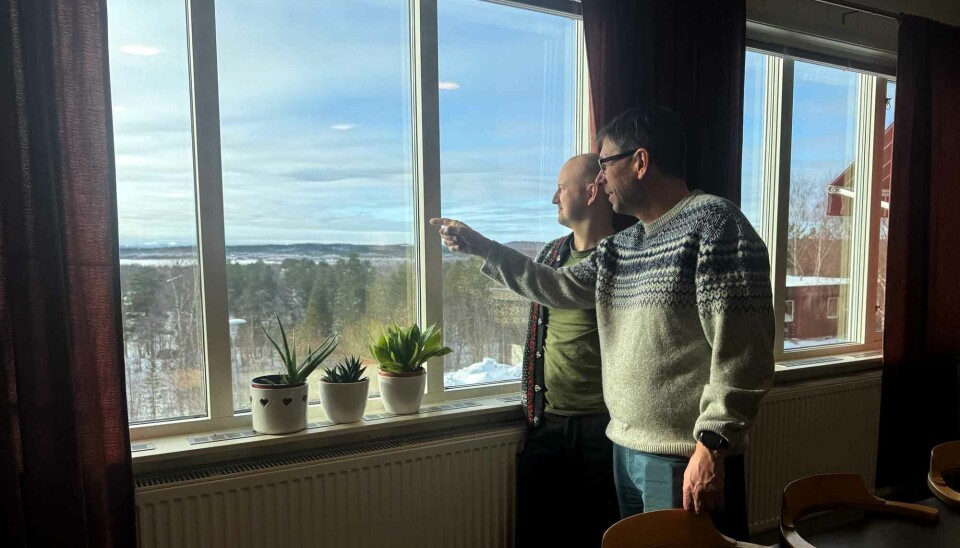
"It is painful. Like a divorce"
The Pasvik Folk High School over decades built a cooperation with schools in Russia. Now the former partners organise propaganda events and dress their kids up in military uniforms. "It took some time before we understood," admits Norwegian rector Ketil Foss.
Dressed in camouflage clothes and with machine gun replicas in their hands, the school kids move around in the terrain outside Nikel, the Russian border town. They find cover behind a sandy dune and learn how to throw hand grenades against a purported enemy. One of the boys even carries something that resembles a shoulder-carried anti-tank rocket launcher. The youngest boys are no more than ten years of age.
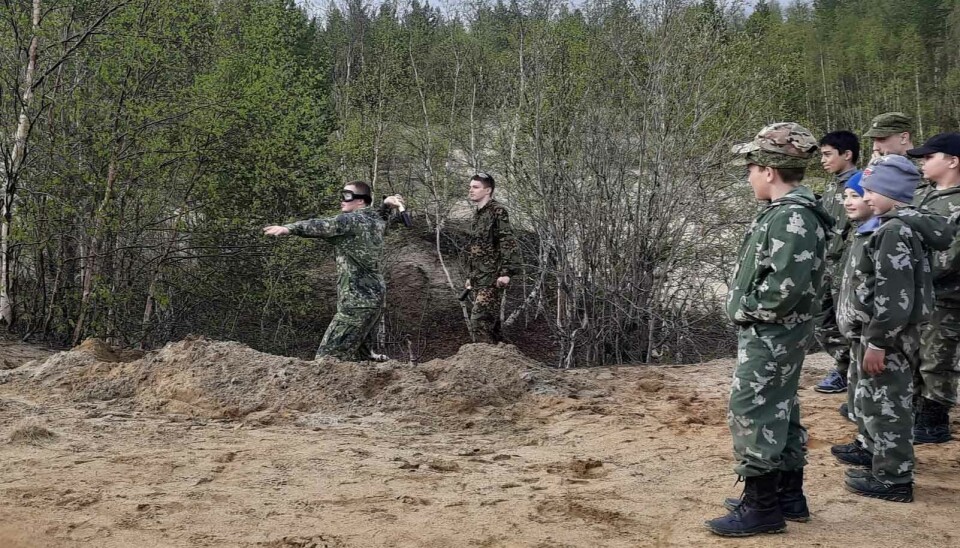
It is part of a training session organised by military youth organisation Yunarmiya (Youth Army) in cooperation with School No 3.
Few days earlier, the school participated in a military-style youth parade in connection with May 9. Photos and video posted on the school social media pages show how the kids march down the main street under the instruction of a military man.
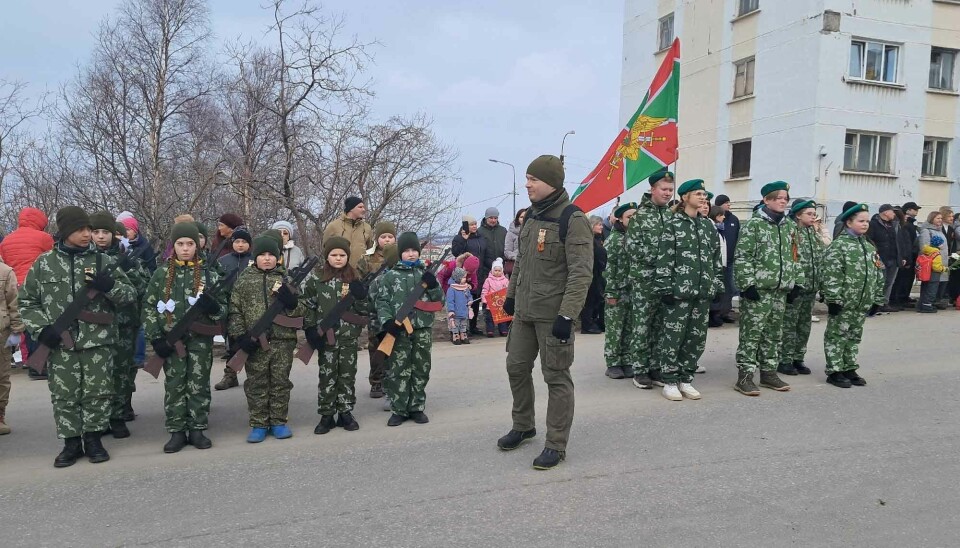
School No 3 also regularly provides their kids with training how to assemble and disassemble machine guns and how to do military marching. Last spring it also opened a wall painting to the memory of a local soldier killed in Ukraine.
The local school was for many years among the partners of the Pasvik Folk High School in Norway. Since the early 1990s numerous visits, exchanges and joint events were organised.
The Russian and Norwegian schools are located only few kilometres apart. Between them is the Pasvik River, the border river.
"What we have been doing here is to build bridges instead of walls. We are talking bridge-building over many years. All along, we have argued that we are doing a peace project," says Rector Ketil Foss.
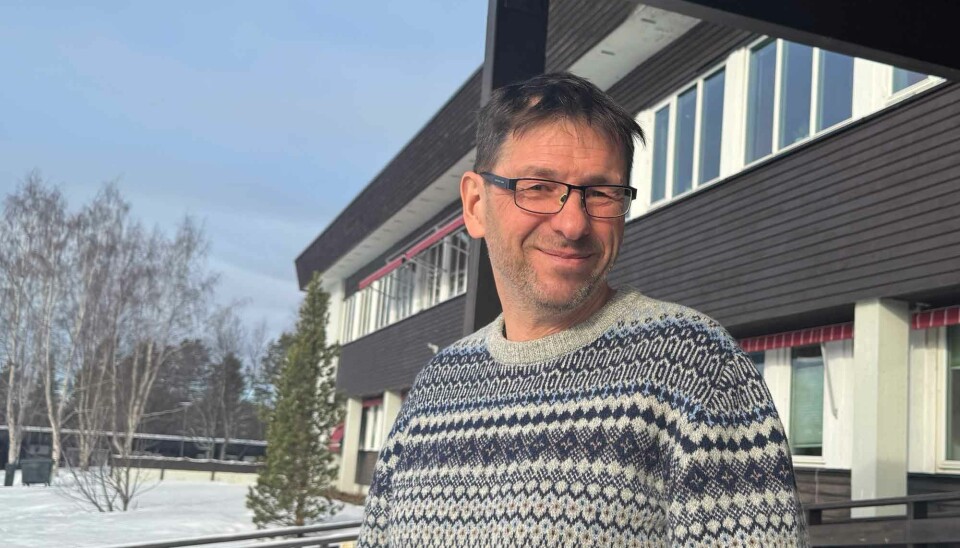
Foss himself about 30 years ago moved to Pasvik Valley because of the opportunities offered by cooperation with Russia.
"Our cooperation has been based on the idea that Norwegian young people should learn about Russia, and that Russian youth should learn about Norway," the rector says to the Barents Observer.
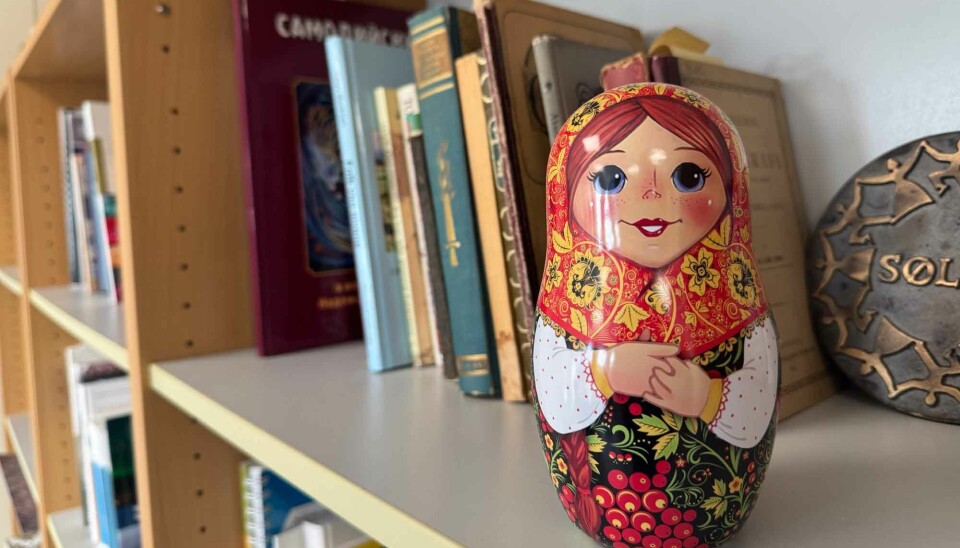
Most students at the Pasvik Folk High School are between 18-20 years of age. The school offers one-year programs that focuses on general civic education and personal development. For more than three decades, the curriculum included Russian language teaching, introduction to Russian culture and visits to Russia
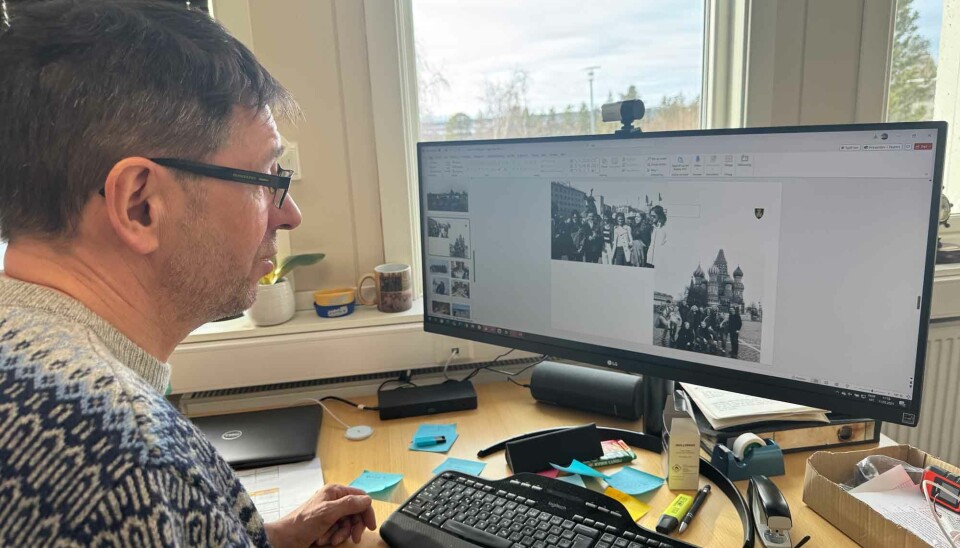
The proximity to Russia and the cooperation with Russian partners became part of the school's brand and hundreds of young people from Norway and beyond caught interest.
But nothing is like it used to be.
Russia gradually slid towards dictatorship and war. Russian society increasingly became marred by propaganda and militarisation. It was evident also among the partners of the Pasvik Folk High School.
"We saw the tendencies. It was more and more focus on the so-called great patriotic war. The schools started to open their own war museums. And during one visit, our students were even given a show of how the Russian kids assemble kaIashnikovs," Foss recalls.
He also remembers how Russian partners from Nikel and Murmansk in 2017 expressed a desire to visit a cave used by Norwegian partisans during 2WW. Unlike previous years, they now had their own financing. Once on top of the mountain by the cave, the Russian kids put on their military-style berets and shot group photos.
"At that time we did not know what the Yunarmija was," Foss says. "But we understood that we had been used."
The start of the full-scale war put an end to all cooperation.
"What came in 2014 was a wakeup-call. Then came the death shot in February 2022, and the curtain came all down," the school rector explains.
There was only one Russian student in the Pasvik School at the time of the full-scale invasion. She was from Murmansk and her brother was sent to the frontline on occupied land.
"When she left, I understood that this was the last Russian student. It was really sad," he recalls.
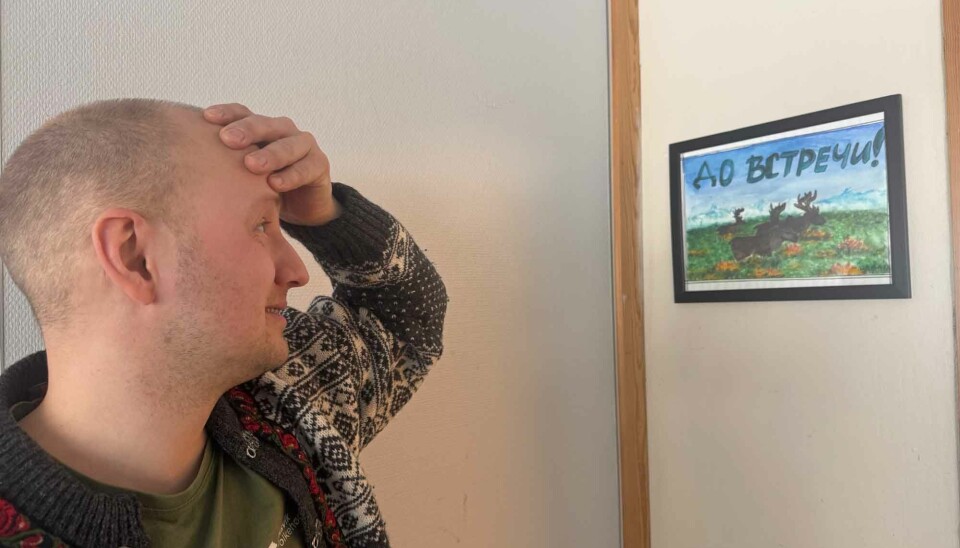
It was a big blow for the school that had spent decades on cross-border cooperation.
"It was hard to acknowledge and it has been a long process of grief. I almost got into a depression. It was like a heartbreak, like a divorce."
Nevertheless, Foss is confident that his school did the right thing when it many years ago decided to develop cooperation with Russia.
"I can only say that we are very proud of what we achieved. Many Russians have gotten to know Norway through our school, and many Norwegians have gotten to know Russia. We 100% believed in what we did."
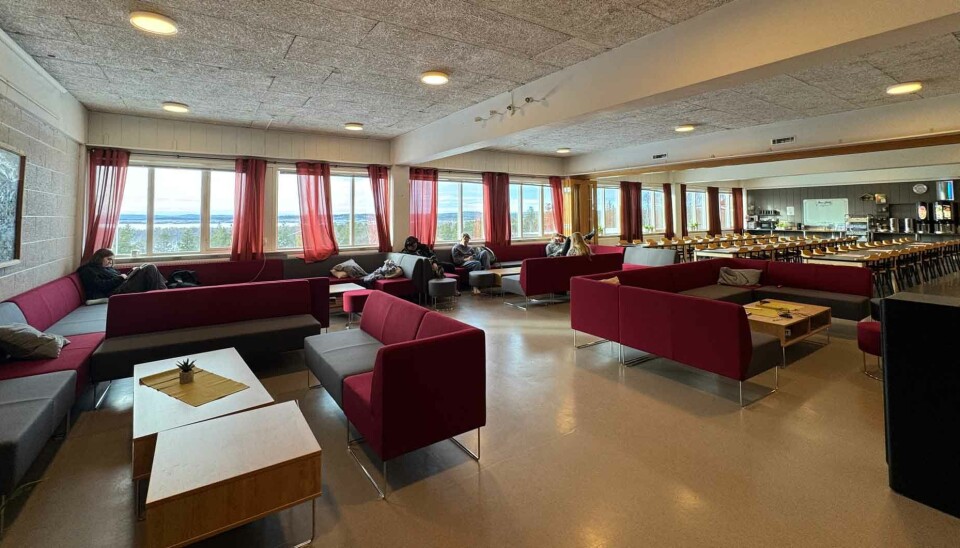
He believes many of his Russian former partners regret what is going on.
"When the full-scale war started, we wrote to them about the tragic development. That they have a regime that actually started a war. We thanked them for what we had had together," he says.
"They responded that they are sorry about what is going on. Since then, we have had no contact."
The loss of Russia has led to a change in the school's profile.
But Russia is not all gone in the school curriculum. The Russian language courses have been replaced by a subject they call "the code to Russia."
"It is a subject where we follow the news picture and try to understand what is going on," says teacher Vegard Seljemo.
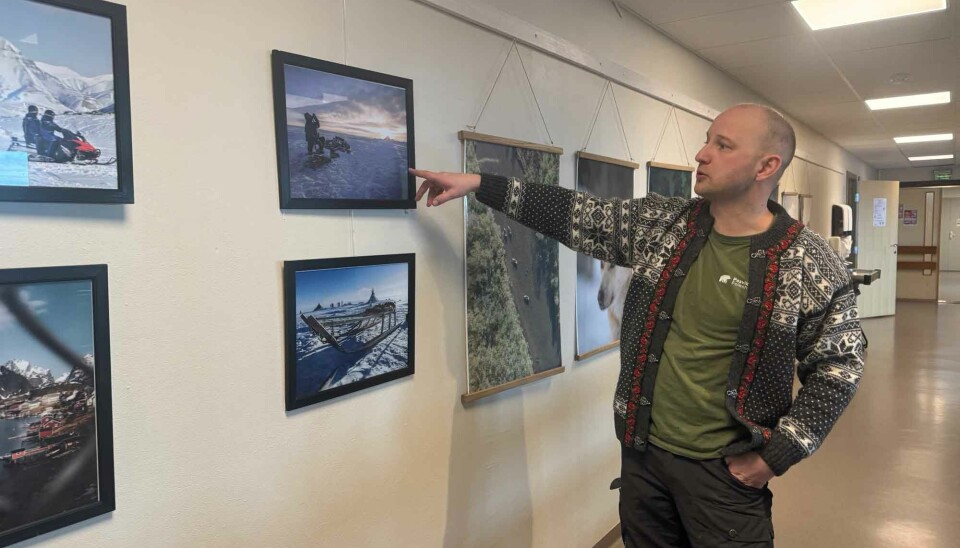
And something good can come out of it all. The decades of cooperation with Russia have not been in vain, school rector Foss argues.
"In the folk high schools, the teaching of democracy stands strong. And freedom of speech is perhaps the most important of all human rights."
The lessons from Russia can serve as basis for new study programs with focus on the importance of democracy and freedom of speech, he argues.
"In our school, we are keen on making bond fires and putting up tents. But at the core of the folk high schools stands the formation of young humans and a desire to awaken people."













